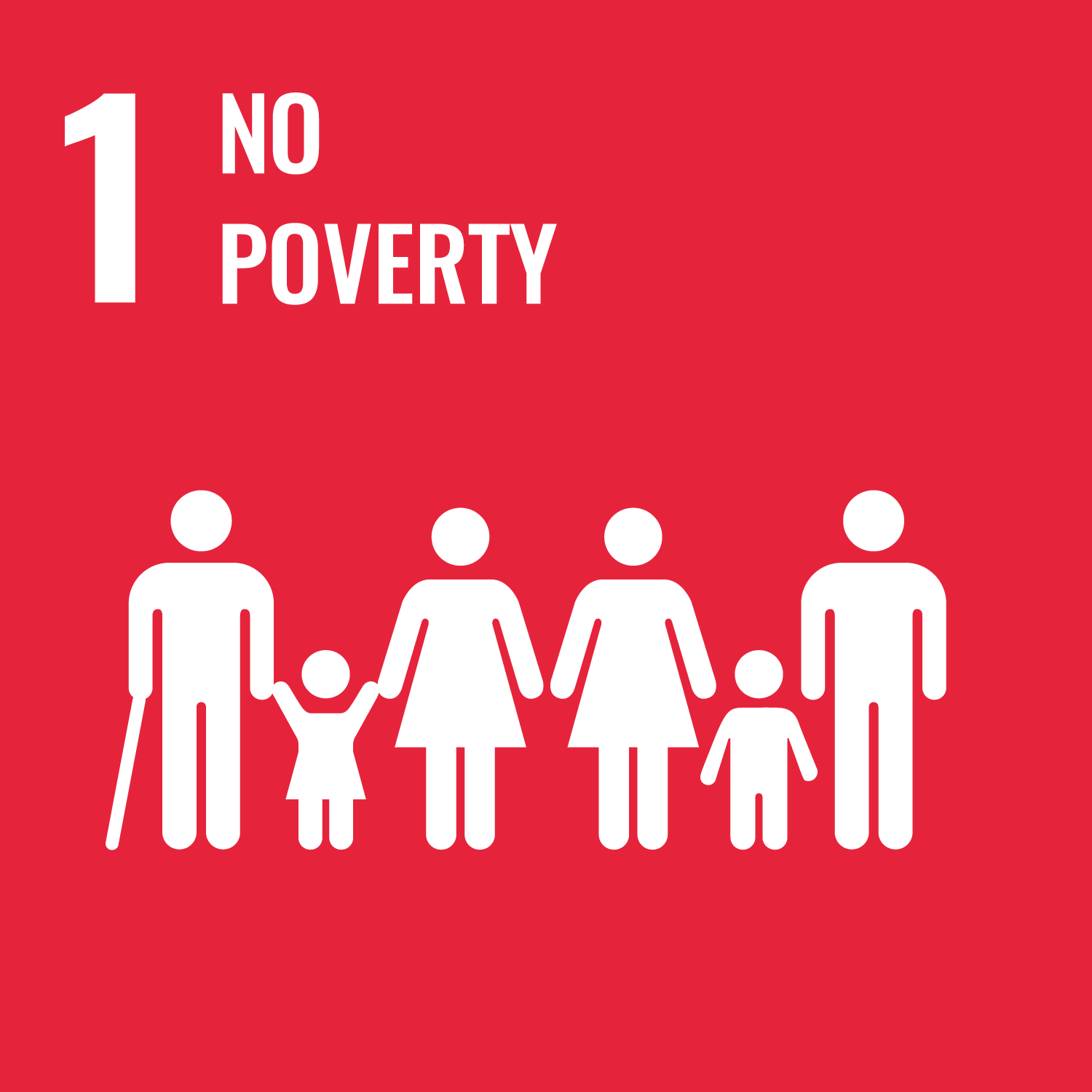Newpin SA Social Impact Bond
Aligned SDGs

- Newpin SA Social Impact Bond
- General overview
- Location
- Involved organisations
- Outcome metrics
- Other resources
- Spreadsheet of data
- Newpin SA Social Impact Bond
- General overview
- Location
- Involved organisations
- Outcome metrics
- Other resources
- Spreadsheet of data
General overview
Stage of development: Implementation
Policy sector: Child and family welfare
Date outcomes contract signed: Dec 2020
Start date of service provision: Jul 2021
Capital raised (minimum): USD 6.50m
Max potential outcome payment: USD 20.60m
Service users: 224 individuals
Intervention
The Newpin Program is an 18-month centre-based program that has been designed to strengthen family engagement and has an established track record in ensuring that more children are able to live safely with their parents.
Target population
Vulnerable children and families in South Australia. Families will have at least one child who is below school age and in out-of-home care.
Location
Country
- Australia
Service delivery locations
- Adelaide
Involved organisations
Configuration of contracting parties:
- Direct Structure
Commissioners/outcome payers
Service Providers
Investors
Intermediary organisations
Outcome metrics
- Reunification of children in out-of-home care to their families
Other resources
Spreadsheet of data
Important Notice and Disclaimer on INDIGO Data
INDIGO data are shared for research and policy analysis purposes. INDIGO data can be used to support a range of insights, for example, to understand the social outcomes that projects aim to improve, the network of organisations across projects, trends, scales, timelines and summary information. The collaborative system by which we collect, process, and share data is designed to advance data-sharing norms, harmonise data definitions and improve data use. These data are NOT shared for auditing, investment, or legal purposes. Please independently verify any data that you might use in decision making. We provide no guarantees or assurances as to the quality of these data. Data may be inaccurate, incomplete, inconsistent, and/or not current for various reasons: INDIGO is a collaborative and iterative initiative that mostly relies on projects all over the world volunteering to share their data. We have a system for processing information and try to attribute data to named sources, but we do not audit, cross-check, or verify all information provided to us. It takes time and resources to share data, which may not have been included in a project’s budget. Many of the projects are ongoing and timely updates may not be available. Different people may have different interpretations of data items and definitions. Even when data are high quality, interpretation or generalisation to different contexts may not be possible and/or requires additional information and/or expertise. Help us improve our data quality: email us at indigo@bsg.ox.ac.uk if you have data on new projects, changes or performance updates on current projects, clarifications or corrections on our data, and/or confidentiality or sensitivity notices. Please also give input via the INDIGO Data Definitions Improvement Tool and INDIGO Feedback Questionnaire.